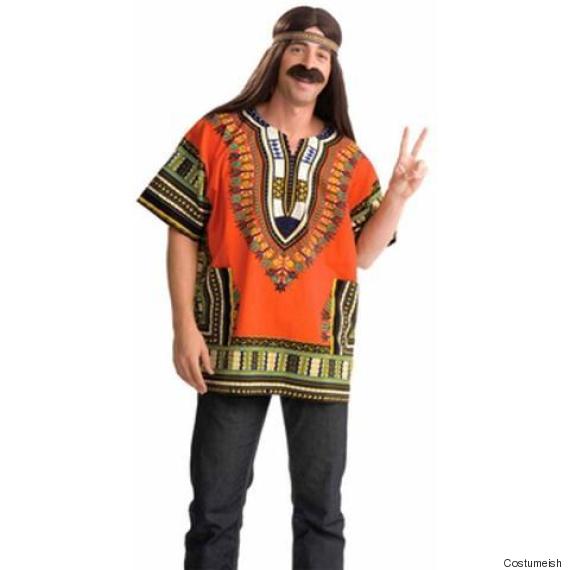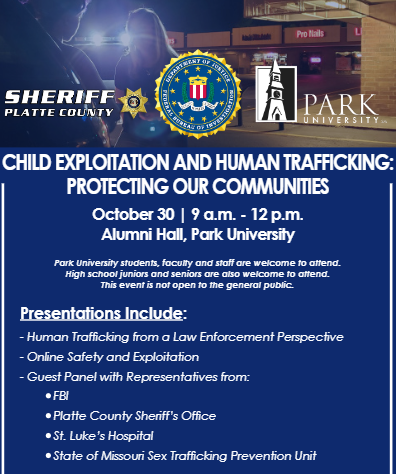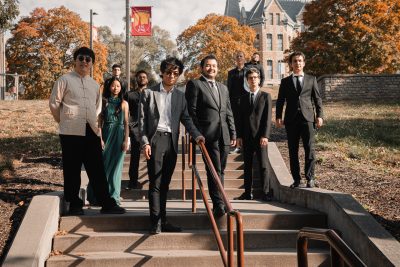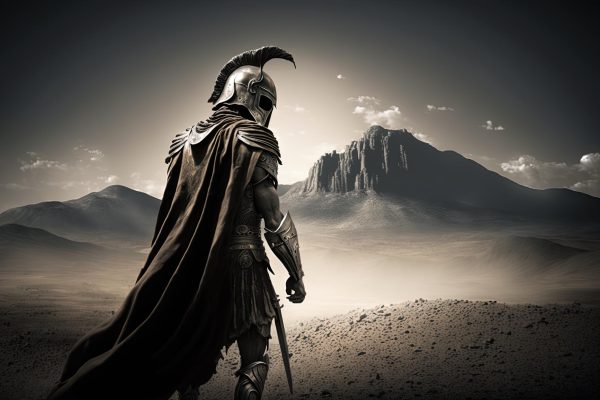Appropriation and Halloween
Are certain Halloween costumes offensive?

It’s the time of year for knee-high socks, beards, colorful wigs, bloodied faces and temporary identities. Halloween gives us the chance to express ourselves or be someone, or something, else for the night.
This night has evolved over time. Now, in the 20th century costumes are more diverse than ever. It’s more than traditional witches, ghosts and vampires, that’s for sure.
However, we’re also in an era of sensitivity.
People have to tiptoe around their opinions, religions or preferences these days so no one is offended. And this pattern seems to spur a conflict over cultural and religious costumes each year.
Is it offensive to wear certain religious based costumes?
I think not.
Halloween is a day where you should be allowed to be anything and everything you normally can’t be the other 364 days of the year. It’s only one day.
Understanding the difference in the types of offensive costumes is important.
Religious costumes would be those inspired by a specific religion like Christianity or Buddhism. Some costumes inspired by these religions are devils, angels, priests or Buddha himself.
Culturally inspired costumes, as opposed to religious ones, focus on a tradition, message or meaning relevant to a certain group. Examples of these kinds of costumes are the Native American, Geisha or African Tribal costumes with dashikis. All of these costumes represent something individually important to each group.
Then there are the racially inspired costumes that many of us can agree are pretty offensive.
A current campaign, on dosomething.org, focuses on this offensive costume, the blackface, which is demeaning to African Americans and can be seen as mockery when those wearing the costumes are not black. Their campaign gives a little history on the problem and a solution.
“White actors began wearing blackface in the 1800s to act out racist stereotypes and dehumanize black people. Racism is still a problem today. So is wearing blackface, which insults black Americans, reinforces stereotypes, and honors a history of racism.”
The only way to fix this problem, in my opinion, would be to stop making, and promoting, any of these offensive costumes in the first place.
Costume manufacturing companies should be held to a certain ethical standard when producing their seasonal options to avoid these questionable costumes.
Religious costumes aren’t offensive, in my opinion, and I feel that most people share this perspective. But there are also those who disagree.
I took to the internet to see what others thought.
A twitter poll I created, asked: “Is it offensive to wear certain religious-based costumes?” There were 39 responses. The results are:
Yes: 49%
No: 51%
In the social world, it’s pretty close. People believe that religious costumes aren’t offensive but racially inspired costumes and those that symbolize religious traditions are.
Twitter user, Niesha R, (@GorgeousPersona), said “dressing as a race (especially an oppressed race) is offensive but as a religion, not so much. However, if a white person dresses up as a African tribal person or native American that comes off as ignorant and racist because of things that we’ve dealt with in the past and present.”
Sunny Wesley, a Facebook user and Native American, said, “It (costumes) doesn’t offend us, now if a white person did it then yea! Because we feel like they are being funny with all they did to our people.”
Overall, costumes are costumes and just that. For centuries we’ve used them to portray different identities or characters: in theatre, big-screen movies and sitcoms.
If you do decide to wear a religious, or culturally inspired, costume just be cautious of what you chose and ask yourself if it’s worth it to offend any group for the sake of fun.
We use them as a way to relay some kind of message or meaning. So what’s your message?
Your donation will support the student journalists of Park University. Your contribution will allow us to cover our annual website hosting costs, freeing up other funds for equipment, printing and training.






